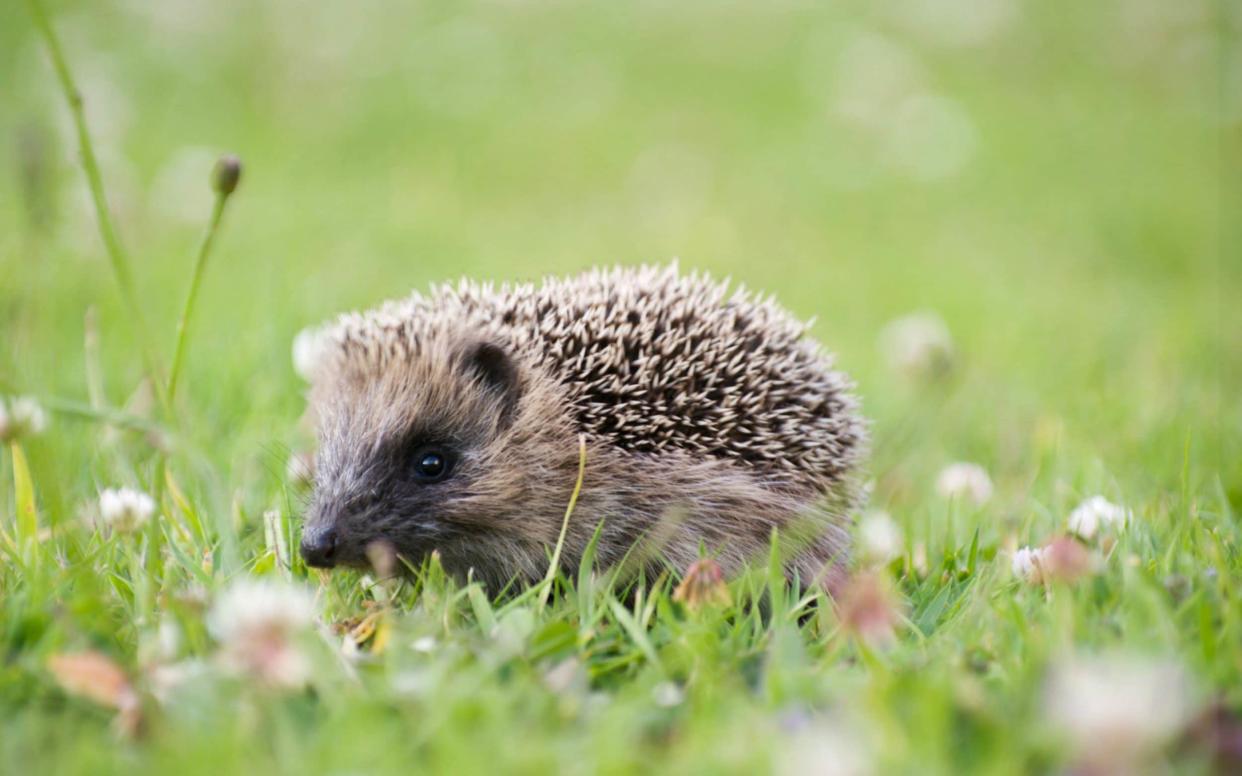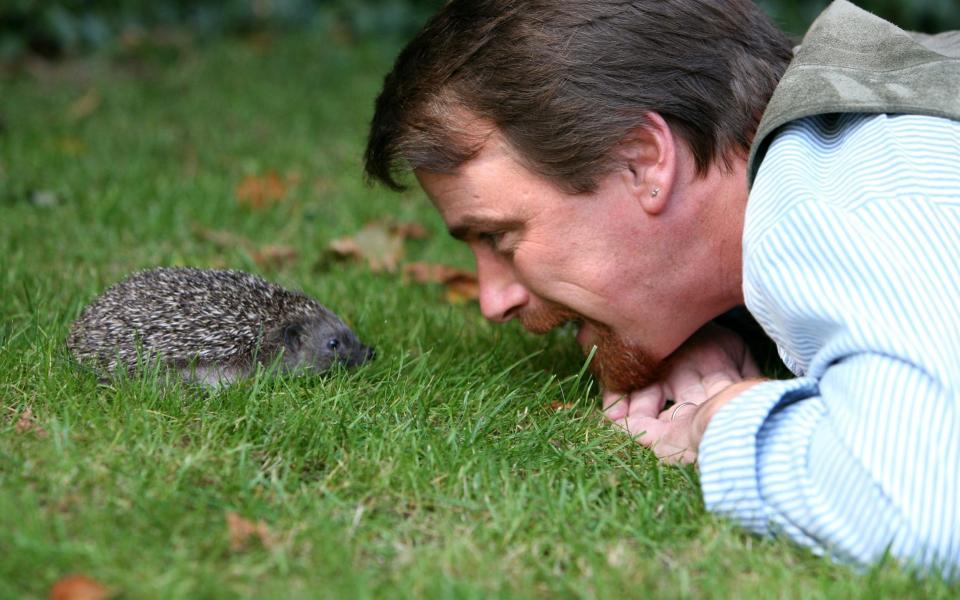A prickly problem: How to save British hedgehogs overrunning New Zealand that can't be repatriated

British hedgehogs first introduced to New Zealand in the 1860s are set to be culled, despite calls for the mammals to be flown back to the UK where they are endangered.
The small animals thrived so successfully that they now prey on too many lizards, birds' eggs and insects. The New Zealand government is currently running an ambitious campaign to eradicate all introduced predators by 2050, using a mixture of trapping, hunting, and poison.
Despite being classed as “vulnerable to extinction” in the UK and calls by some animal lovers for the Government to repatriate them, British experts have said they can't be brought back to boost dwindling numbers.
The RSPCA and the British Hedgehog Preservation Society (BHPS) are backing New Zealand’s cull, claiming that “parachuting” them over to the UK would only result in more hedgehog deaths.
Hedgehogs were first brought to New Zealand by acclimatisation societies to remind settlers of their homeland, but were later introduced in greater numbers to control garden pests such as slugs, snails and grass grubs.
Last year, hedgehogs, which are notoriously difficult to count, were added to the UK red list as a species vulnerable to extinction, with experts warning that the nation’s population is down 50 per cent in rural areas since the year 2000.
According to a 2018 report by BHPS and the People’s Trust for Endangered Species, “hedgehogs are disappearing from our countryside” thanks to the carving up of the natural landscapes, car accidents and their predators, such as foxes, taking advantage of these factors.
Hugh Warwick, an ecologist, author of multiple books about hedgehogs, and a BHPS spokesperson, said: “Our population is declining… Can we fill that decline with the hedgehogs from New Zealand? All that would end up doing is feeding a sinkhole.
“If we brought them over here, the same problems would still be in place – fragmentation of habitat, loss of food, a decline in reptiles, and amphibians and bats. Our farm landscape is designed to remove competition. We create ecological deserts in our farmland.

“How would we even get the hedgehogs over here? Would we fly them? The amount of stress for them would be staggering – let alone the enormous welfare concerns and that is still leaving aside the price of hoovering up enough to make it worthy of a journey."
Adam Grogan, RSPCA's head of wildlife, agreed with the BHPS stance on repatriation. “One of the things that needs to be remembered is that hedgehogs are declining in this country.
“The first principles of anything regarding reintroduction would have to identify reasons for the decline and address them. What's the best way to spend money? If we repatriate them from New Zealand, many will die on the journey and when they settle in [because of existing ecological issues], so if we are not addressing reasons here then there's no point parachuting in hedgehogs.”

